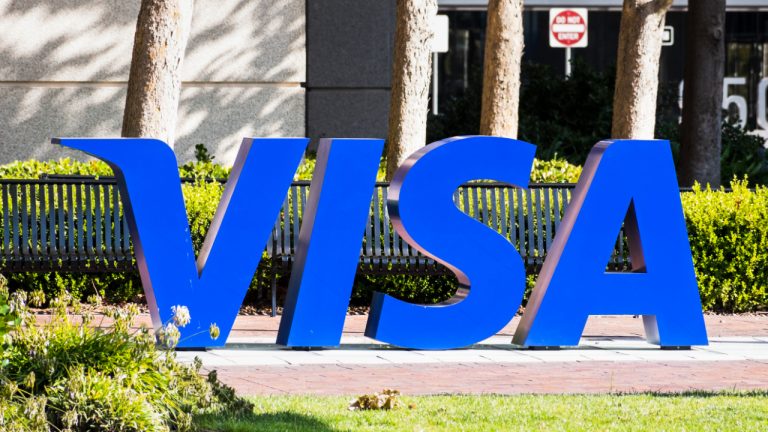
2022-12-17 16:21 |
A cross-section of players in the digital asset industry believes it needs strategic regulations across all sectors to bring up dwindling confidence among investors.
The New York State Department of Financial Services (NYDFS) has released a new cryptocurrency regulation for banks and other financial institutions in its jurisdiction. The new guideline gives banks a 90-day window to submit a business plan to the authorities before dealing with digital asset firms.
As more banks and institutions delve into digital assets, the guideline will act as checks to monitor their investments and levels of exposure. The business plan submitted must be detailed, capturing key areas to enable the DFS to carry out consumer protection analysis, corporate governance, and oversight, as well as risk analysis.
The hallmark of this new move, according to the NYDFS, is to protect consumers’ “hard-earned money” in the wake of the FTX collapse.
“It is critical that regulators communicate in a timely, transparent manner about the evolution of our regulatory approach,” NYDFS Superintendent Adrienne A. Harris highlighted in a statement issued by the department.
The NYDFS, in a statement, said that the regulation is final as it deals with essential issues in protecting users but promised to continue engaging with stakeholders in the industry to make better laws.
More regulations to followAs New York releases a new guideline for banks, several jurisdictions within and outside the United States are pushing for broader and more robust cryptocurrency regulations to prevent a repeat of FTX. At the FTX hearing yesterday, Kevin O’Leary, executive producer of Shark Tank, and Sen. Cynthia Lummis stressed the need for more regulation to “save the industry.”
The Deputy Secretary US Treasury, Wally Adeyemo, has called for more international cooperation to regulate the industry, which will promote stability and prevent the illegal use of digital assets.
Across industry spaces, users’ and investors’ confidence went a step back following the FTX issue, leading to widespread fear, uncertainty, and doubt (FUD). As new and tighter regulations begin to take effect, it creates a ripple effect of increasing investor confidence and pushing back FUDs in users in the long run.
origin »Bitcoin price in Telegram @btc_price_every_hour
Time New Bank (TNB) на Currencies.ru
|
|

























